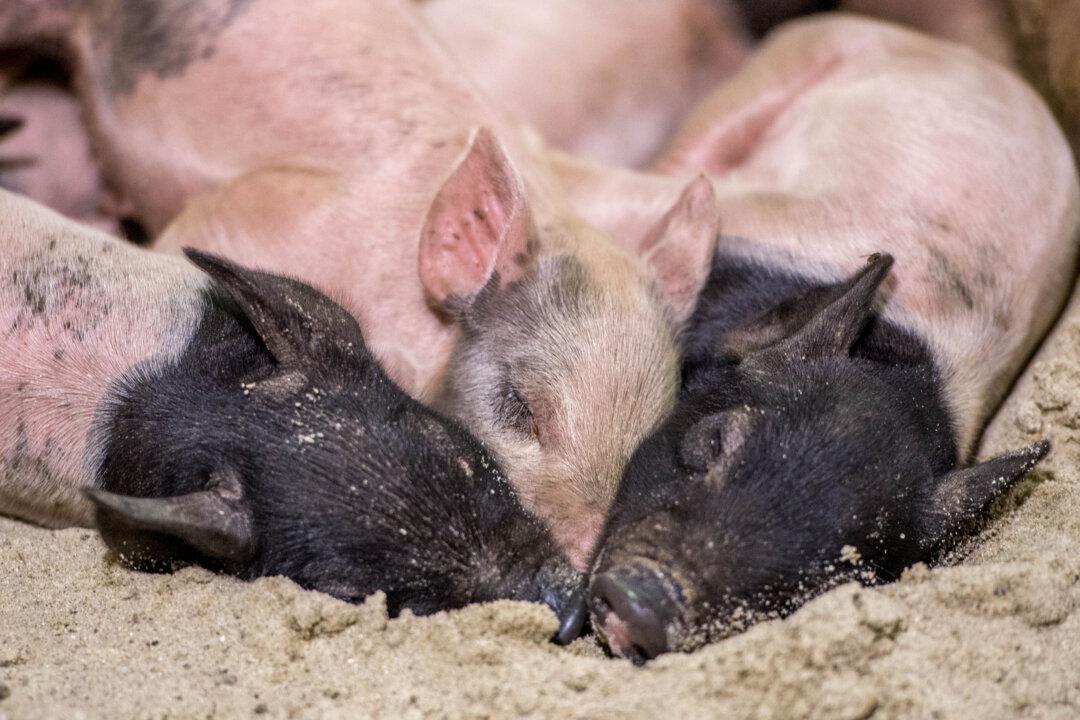Commentary
The major reason why America is so prosperous is the Interstate Commerce clause of U.S. Constitution. It established a vast, continent-wide free-trade zone. California imposes no tariffs on Fords made in Michigan. And Michigan imposes no tariffs on Teslas made in California.





